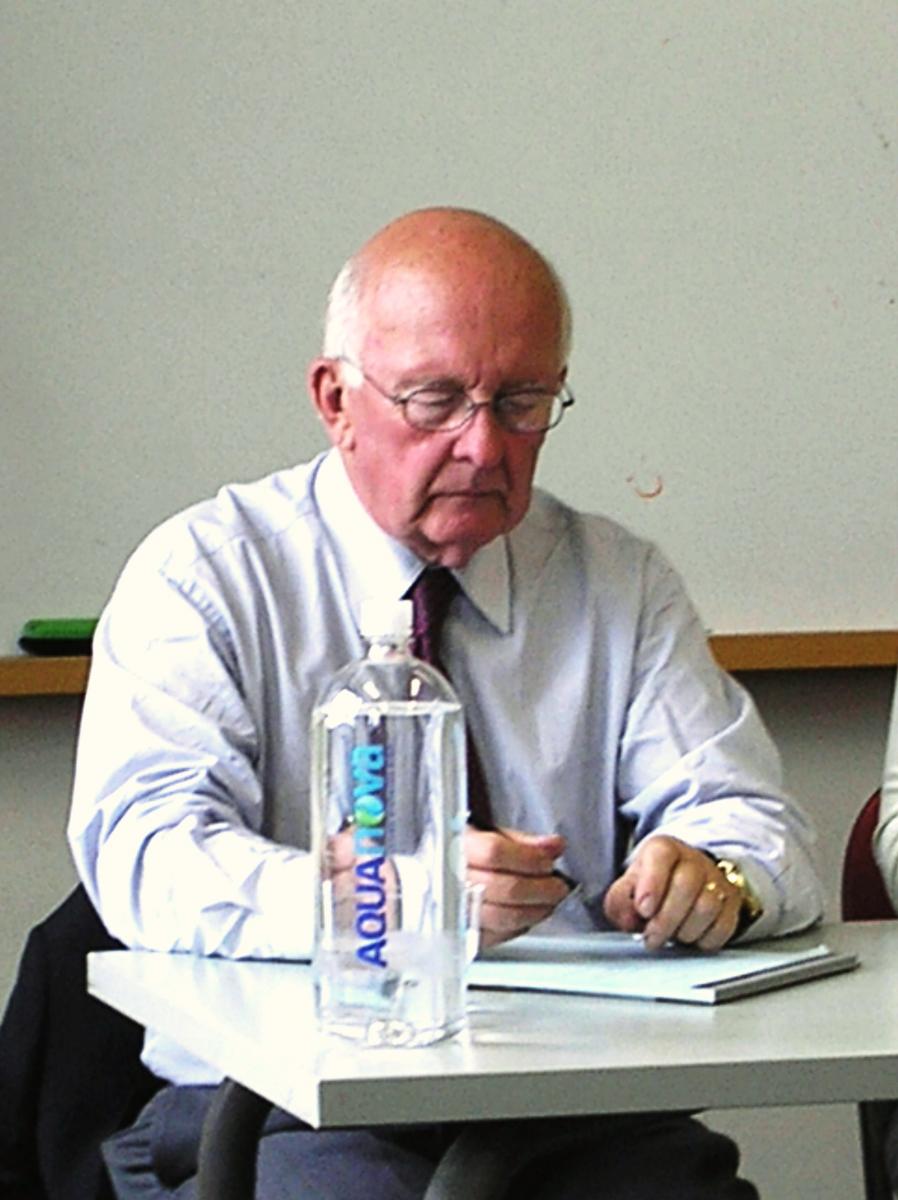 James Bissett
James Bissett

As in the case of Serbia twelve years ago, Canada's air force is once again bombing a country presenting no threat to the safety or security of our country. In fact, we are at war. There has been no declaration of war. There has been no serious attempt to intervene peacefully to help resolve the conflict.

One of the participants at the conference Serbia: The Strategy for Survival, jointly organized by Geopolitika magazine and The Lord Byron Foundation in Belgrade on November 5, was the LBF Chairman, James Bissett. On his return to Ottawa he presented his impressions in an interview to CKCU FM’s Monday’s Encounter radio program.
In an interview for the daily Vesti (September 16) Ambassador James Bissett, Chairman of The Lord Byron Foundation, gave his assessment of the current political situation in the Balkans, including the uncertain future of Bosnia-Herzegovina, Turkey's neo-Ottoman designs, and the dead end of Belgrade's misguided diplomacy.

The Krajina Chronicle reviewed by Amb. James Bissett, Chairman of The Lord Byron Foundation. From the September 2010 issue of Chronicles: A Magazine of American Culture.
A recent Christian Science Monitor article by the LBF Chairman has caused quite a stir in the Balkans. Croatia is nearing the finish line of a multiyear race to join the European Union, Ambassador Bissett notes, but it has some unfinished business to attend to.

Eleven years ago NATO opened its bombing campaign against Serbia, illegally and without provocation. It started on March 24, 1999, and continued for 78 days and nights. It was the most intensive air offensive suffered by any country since the end of the Second World War.
The Republika Srpska (RS) passed a "Referendum Law" on February 10, widely seen as a step to an eventual independence vote. The U.S. condemned the step while EU foreign affairs chief declared that the EU would "never" accept the break-up of Bosnia. The Serbs see the Assembly vote as a reaction to various steps taken by "the international community" over the past year to undermine the RS and erode the legacy of Dayton. James Bissett examines the implications.



